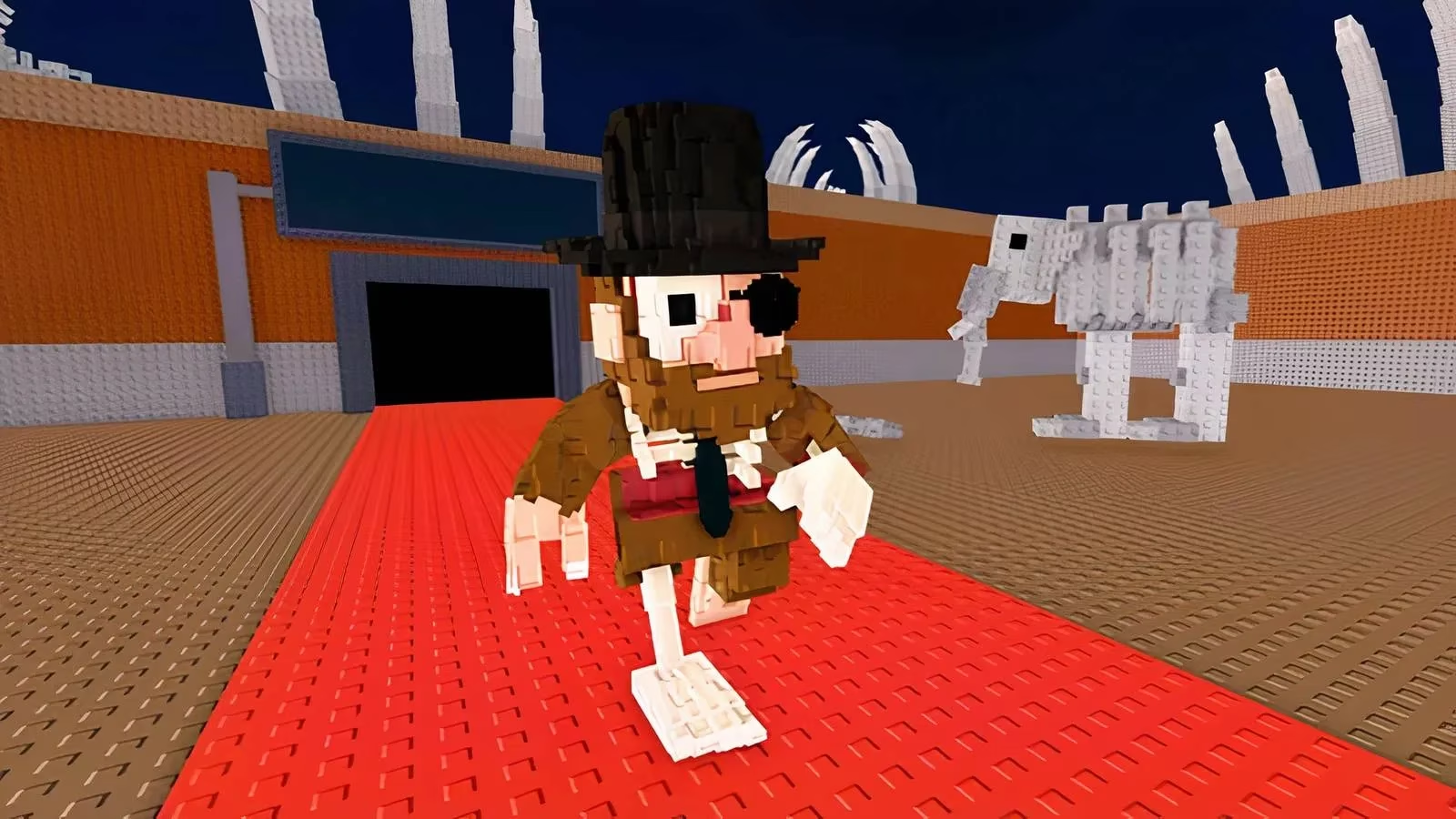Brainrot Battle: Roblox Developer Sues Fortnite Clone in Epic Copyright Showdown
Roblox's viral hit 'Steal a Brainrot' sparks a legal battle with Fortnite copycats, highlighting the fierce competition and creativity in gaming's evolving landscape.
In the ever-evolving world of gaming, imitation might be the sincerest form of flattery—until the lawyers get involved. Spyder Games, the mastermind behind Roblox's viral sensation "Steal a Brainrot," has thrown down the legal gauntlet against what they're calling a blatant copycat in Fortnite's universe. This digital dust-up has gamers everywhere grabbing their metaphorical popcorn faster than a speedrunner collects power-ups.
The original "Steal a Brainrot" has been nothing short of a cultural phenomenon within Roblox, achieving numbers that would make even the most seasoned game developers drool like a St. Bernard at a butcher shop. With a mind-boggling record of over 25 million concurrent players in October 2025 and nearly 6 billion plays overall, this meme-based treasure hunting game has been camping comfortably in Roblox's top 3 games. It's been so successful that it helped Roblox itself reach new heights, with the platform hitting over 47 million concurrent players in September—a crowd that could fill the Grand Canyon with avatars and still have people waiting in line.

The Legal Showdown
As predictable as a fetch quest in an RPG, success breeds imitation. Spyder Games filed a lawsuit on October 23 against one Thomas Van Der Voort, creator of a Fortnite game suspiciously titled "Stealing Brainrots." The lawsuit alleges that Van Der Voort's creation infringes upon Spyder Games' copyright by copying "protectable expressions," including art and game design elements that made the original a hit.
Spyder Games isn't just looking for a slap on the wrist—they want the alleged clone completely removed from Fortnite and are demanding any profits generated from it be handed over faster than a rage-quitter abandons a losing match. Interestingly, as of this writing, the map appears to have been disabled on Fortnite, though whether this was Epic Games' decision or Van Der Voort's preemptive move remains unclear.
The Official Alternative
Adding another layer to this digital drama is the existence of "Steal The Brainrot"—an officially licensed version of the Roblox phenomenon that has permission to operate within Fortnite's ecosystem. The lawsuit against the alleged copycat could indirectly benefit this authorized version, as confused players who might have accidentally stumbled into "Stealing Brainrots" would instead be directed to the legitimate alternative.
While "Steal The Brainrot" has enjoyed considerable success in Fortnite, eliminating its unauthorized doppelgänger would likely funnel even more players toward the licensed experience—like a river finding its proper course after a dam is removed.
People Also Ask
What makes Steal a Brainrot so popular?
The game combines meme culture with addictive treasure hunting gameplay, creating a social experience that's as infectious as its name suggests. Its simple mechanics, constant updates, and community engagement have turned it into a cultural touchstone for younger gamers.
Can game developers legally protect their ideas?
While specific expressions of ideas (like code, artwork, and unique game mechanics) can be protected by copyright, general concepts cannot. This case hinges on whether "Stealing Brainrots" copied specific protectable elements rather than just the overall concept.
How does this affect the future of user-created content in gaming platforms?
This lawsuit could establish important precedents for how user-generated content is regulated across different gaming platforms, potentially leading to stricter oversight or clearer guidelines for creators working within Fortnite, Roblox, and similar ecosystems.
The Waiting Game
As with any legal battle, this case moves at the pace of a turtle swimming through peanut butter. Filed just days ago, there hasn't been an official response from Van Der Voort yet. Given the nearly identical titles and extremely similar gameplay, however, defending against the allegations might be as challenging as completing a souls-like game with a dance pad controller.
For now, gamers who may have unwittingly wandered into the contested territory of "Stealing Brainrots" have options. They can either check out the officially licensed "Steal The Brainrot" within Fortnite or dive into the original Roblox experience that started it all.
This case represents more than just a dispute between game creators—it highlights the increasingly blurry lines between inspiration, homage, and infringement in today's interconnected gaming landscape. As platforms continue to cross-pollinate and user-generated content drives engagement, we can expect more such conflicts to emerge from the digital playground.
Ready to experience the authentic brain-rotting fun for yourself? Jump into the original "Steal a Brainrot" on Roblox or its officially licensed Fortnite counterpart today and see what all the legal fuss is about! Your gaming cred (and possibly your actual brain) depends on it. 🧠🎮
